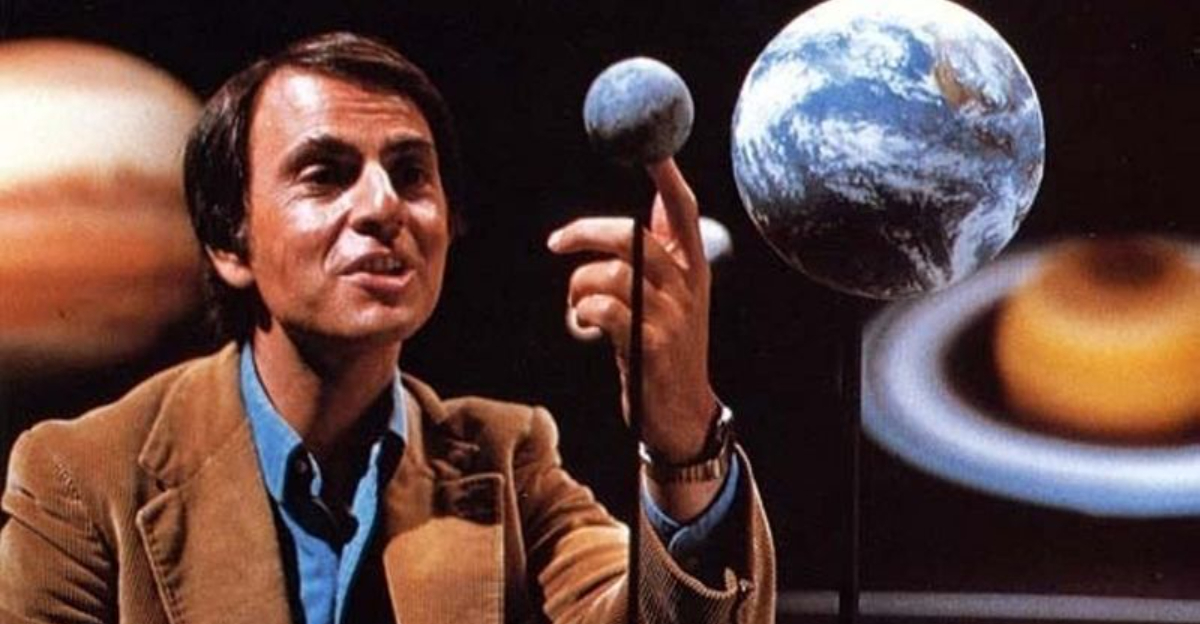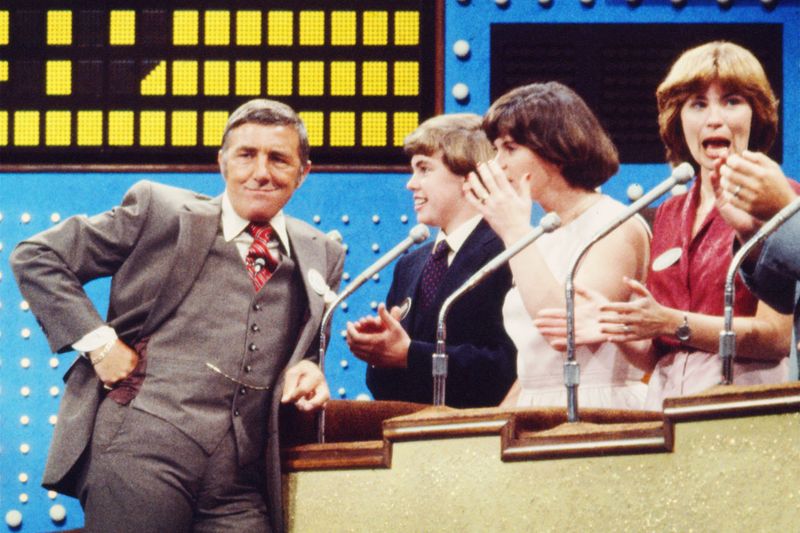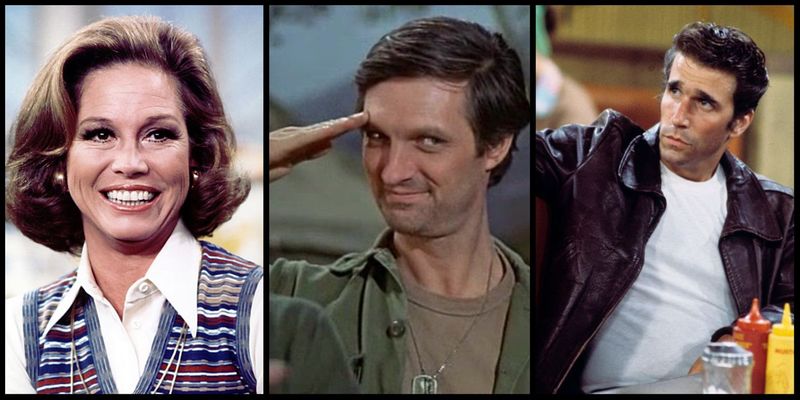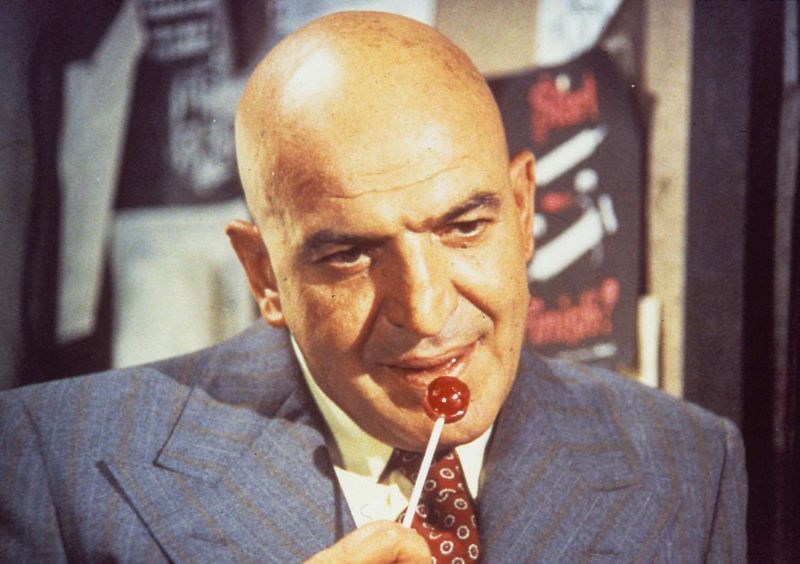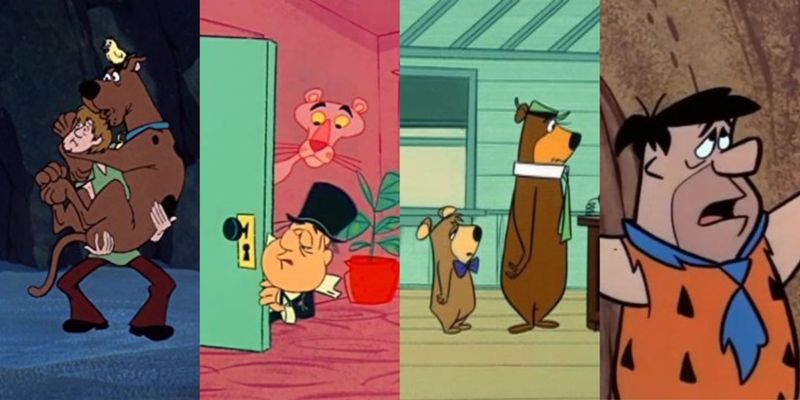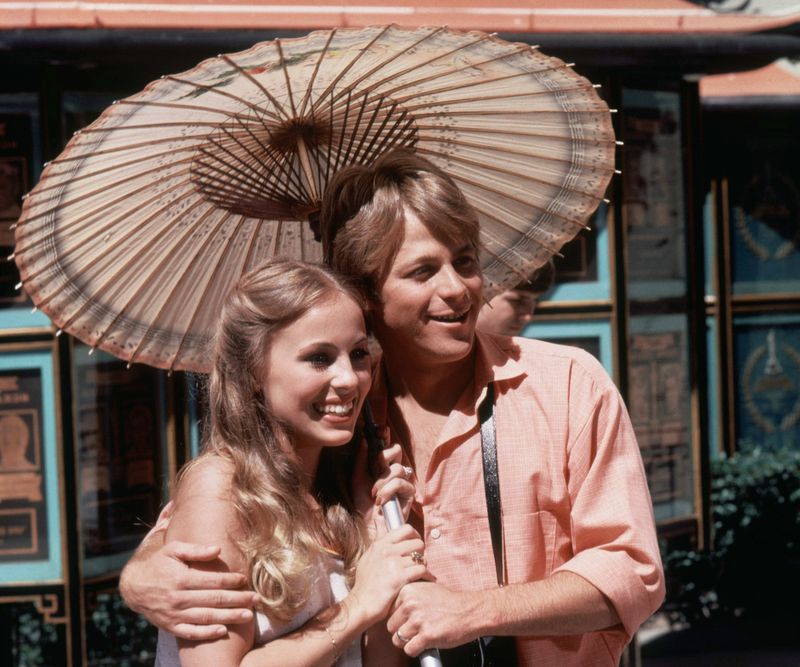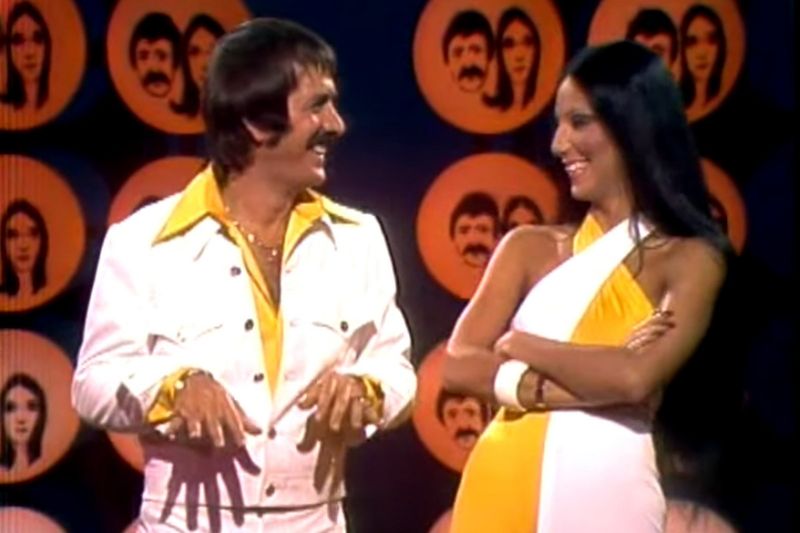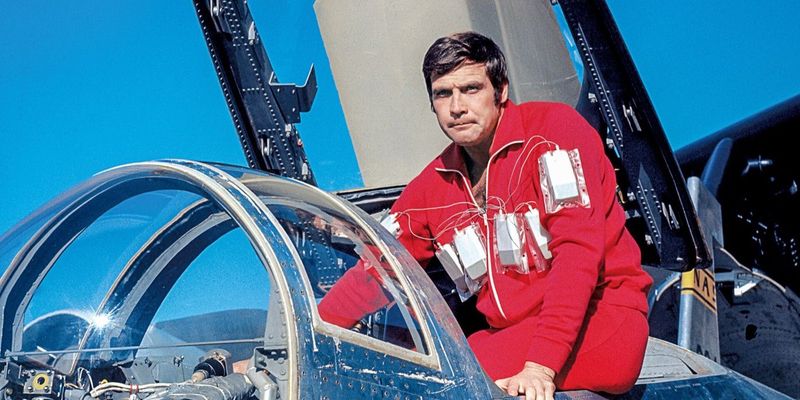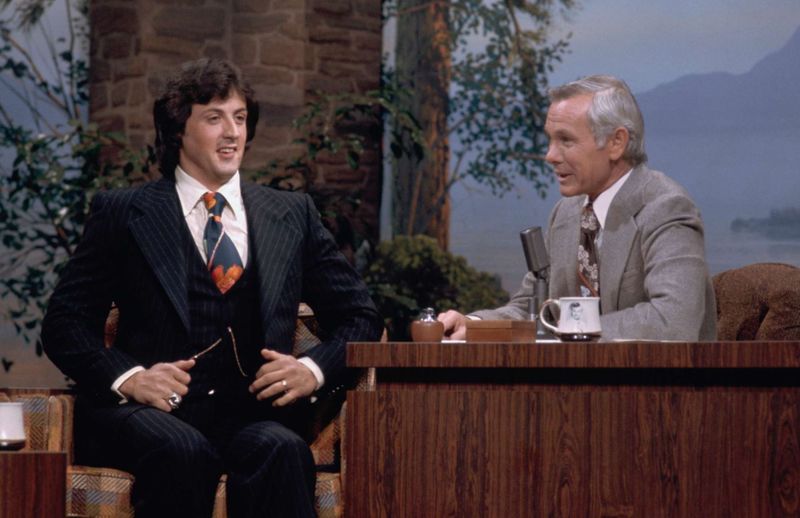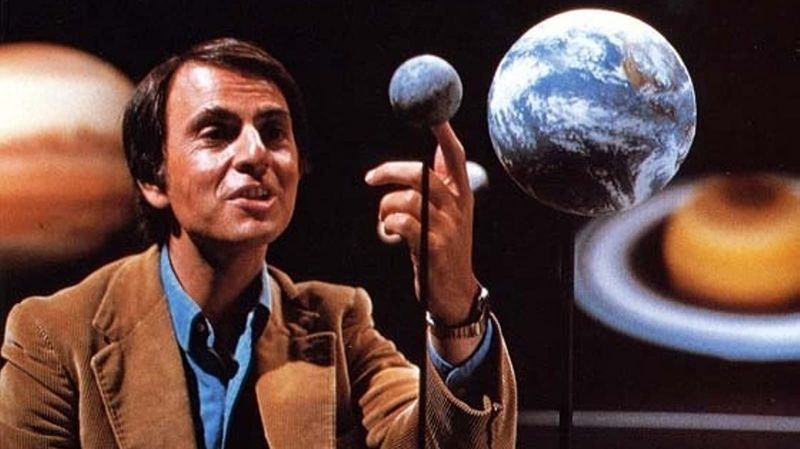Television in the 1970s was a transformative era that brought vibrant colors, innovative storytelling, and groundbreaking programs into the homes of millions.
It was a golden age where creativity flourished, paving the way for genres that are beloved even today. From thrilling game shows to heartwarming family sitcoms, the decade delivered a diverse mix of entertainment that captivated audiences globally.
The 70s established foundational elements in TV that resonate in modern programming. Let’s explore nine compelling reasons why TV in the 1970s was truly the best.
1. Game Shows Galore
The 1970s were a haven for game show enthusiasts, offering a dazzling array of choices that captivated audiences. Classic shows like “The Price Is Right” and “Family Feud” emerged, shaping the landscape of daytime television.
These programs were more than just entertaining; they brought families together around the television screen.
Hosts became household names, their charismatic presence injecting energy and excitement into every episode. Contestants, everyday people, experienced their fifteen minutes of fame, adding to the thrill.
The interactive element of guessing prices or answers invited viewers to participate from their living rooms, making the experience truly engaging.
2. Sitcoms with Heart
Sitcoms in the 1970s were the heart and soul of evening television, offering humor infused with genuine emotion. Shows like “All in the Family” and “The Mary Tyler Moore Show” tackled social issues while keeping audiences entertained.
Their storytelling was both relatable and thought-provoking, allowing viewers to see their own lives reflected on screen. Characters felt like family, their quirks and struggles resonating with audiences nationwide.
These sitcoms were more than just laughs; they provided commentary on societal norms and changes, paving the way for future programming that combined comedy with meaningful messages.
3. Groundbreaking Dramas
The 1970s introduced television audiences to groundbreaking dramas that broke new ground in storytelling. Series like “Roots” and “Kojak” explored complex themes, challenging viewers to engage with serious content.
These dramas were not only entertaining but also educational, shedding light on historical events and societal issues. The characters were multidimensional, their stories rich with conflict and resolution.
Audiences were captivated by the intense narratives and powerful performances, which left lasting impressions. This era set a high standard for dramatic television, influencing countless shows in the decades to follow.
4. Animated Adventures
Animation in the 1970s was bursting with creativity, offering children and adults alike a world of adventure and imagination. Shows such as “Scooby-Doo” and “The Flintstones” became staples of Saturday morning television.
These animated series provided a perfect escape, blending humor with intriguing mysteries or prehistoric antics. The characters, with their distinct personalities, became iconic figures in pop culture.
The animation style of the 70s, characterized by vibrant colors and inventive designs, captured the imagination of viewers, setting the stage for future generations of animated storytelling.
5. Mysterious Soap Operas
Soap operas in the 1970s held a mysterious allure that kept audiences glued to their screens. These daily dramas were filled with intrigue, romance, and unexpected twists. Shows like “General Hospital” became daily rituals for many.
The ongoing storylines and complex relationships drew viewers in, making them feel a part of the characters’ lives. The glamorous settings and dramatic plotlines offered an escape from the mundane.
Soap operas of this decade set the standard for serialized storytelling, with cliffhangers and dramatic reveals that left viewers eager for the next episode.
6. Music and Variety Shows
Music and variety shows in the 1970s brought a dynamic mix of entertainment, showcasing talent across genres. Programs like “The Sonny & Cher Comedy Hour” and “The Carol Burnett Show” became staples for families.
These shows offered a delightful blend of comedy, music, and guest appearances, creating a lively atmosphere that was hard to resist. Celebrities graced the stage, sharing moments that were both humorous and heartfelt.
The variety format allowed for creativity and spontaneity, making each episode a unique experience. This era left an indelible mark on how music and comedy were presented on TV.
7. Sci-Fi Spectaculars
The 1970s witnessed a surge in science fiction programming that transported viewers to otherworldly realms. Shows like “Battlestar Galactica” and “The Six Million Dollar Man” captured the imagination with futuristic themes.
These series explored technological advancements and the possibilities of space exploration, offering a thrilling escape from reality. The special effects, revolutionary at the time, brought these imaginative worlds to life.
Sci-fi in the 70s pushed the boundaries of what was possible on television, paving the way for future explorations of technology and the unknown in TV storytelling.
8. Quirky Talk Shows
Talk shows in the 1970s had a quirky charm that made them must-watch television. Hosts like Johnny Carson and Dick Cavett brought wit and humor to late-night TV, engaging audiences with their unique styles.
The interviews were more than just conversations; they were entertaining exchanges that revealed the personalities of celebrity guests. These shows offered a glimpse into the lives of famous figures, making viewers feel like part of the conversation.
The relaxed format and spontaneous moments created an engaging atmosphere, establishing a template for talk shows that continues to evolve today.
9. Cultural Documentaries
Cultural documentaries in the 1970s provided insightful looks into the world, highlighting diverse cultures and historical events. Programs like “Cosmos: A Personal Voyage” expanded viewers’ horizons, bringing knowledge into homes.
These documentaries were educational yet accessible, blending captivating visuals with informative narratives. They sparked curiosity and inspired audiences to learn more about the world around them.
The 70s set a precedent for how documentaries could educate and entertain, using television as a medium to connect people with global stories.
